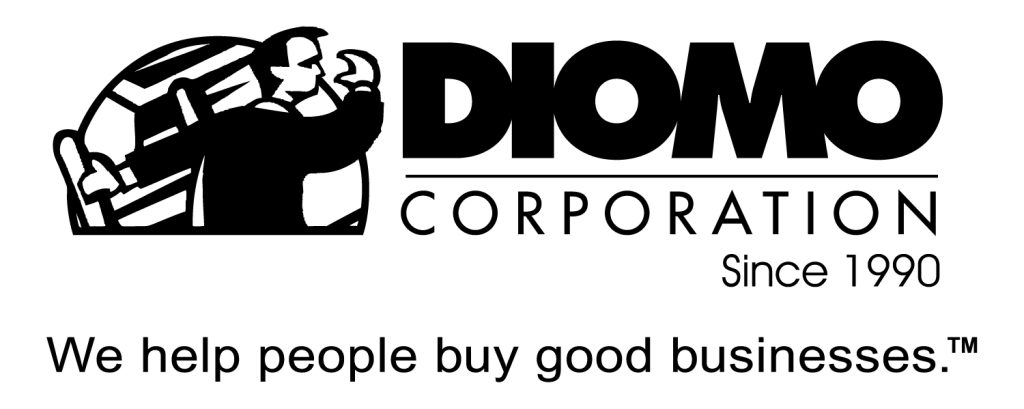Question:
I have a question about Owner Benefits when they “add back” certain expenses. Why does Interest and Depreciation become “cash flow to owner/Owner Benefit”? I understand why the owner’s salary that’s considered “excessive” and Net Income do but Depreciation and Interest are part of what makes up the Net Income. How is it that they get counted again (added back to get the Owner Benefits?)
Answer:
Depreciation is non-cash expense.
It’s included solely for accounting and tax purposes. Example: the business owns a truck and they paid $20,000 for it and there is an estimated useful life of five years. Each year they can deduct (depreciate $4,000) of it for tax purposes. While it reduces the tax burden the fact is that it’s not an actual outflow of cash. As such, it’s added back to the Owner Benefits.
However, any Depreciation that you add back must be offset by any amounts you will need to annually set aside to replace these assets
. If you’re looking at a capital intensive business, you cannot add back the entire Depreciation amount, and remember to allocate a certain amount regardless of the depreciation add back for your future capital expenditures.
Interest Expense is a function of the capitalization of a business and can vary widely from one owner to another.
Example, you may run the business entirely off the cash flow and decide to not obtain any additional funding therefore there won’t be any interest expense. On the other hand, if there are any loans to the company which you will assume after closing then of course you have to factor the interest as an expense. Generally, these loans are paid off at closing by the seller from the proceeds of the sale as such any future interest will be dependent upon your business not theirs.

